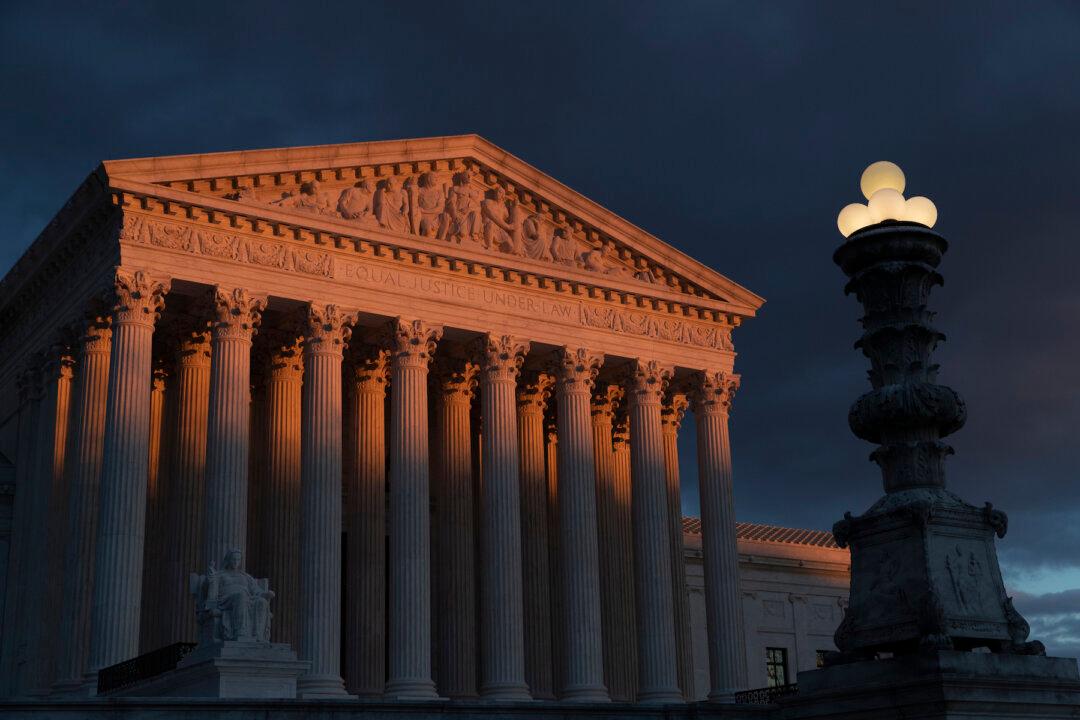The U.S. Supreme Court ruled on Friday to deny a request by the Trump administration to restart federal executions next week after a 16-year break.
Attorney General William Barr had announced in July that federal executions would resume, with the first execution scheduled at the time for Dec. 9. The executions would involve a single lethal drug, pentobarbital sodium, replacing the three-drug procedure that had been used in federal executions previously. The last federal execution was in 2003.




